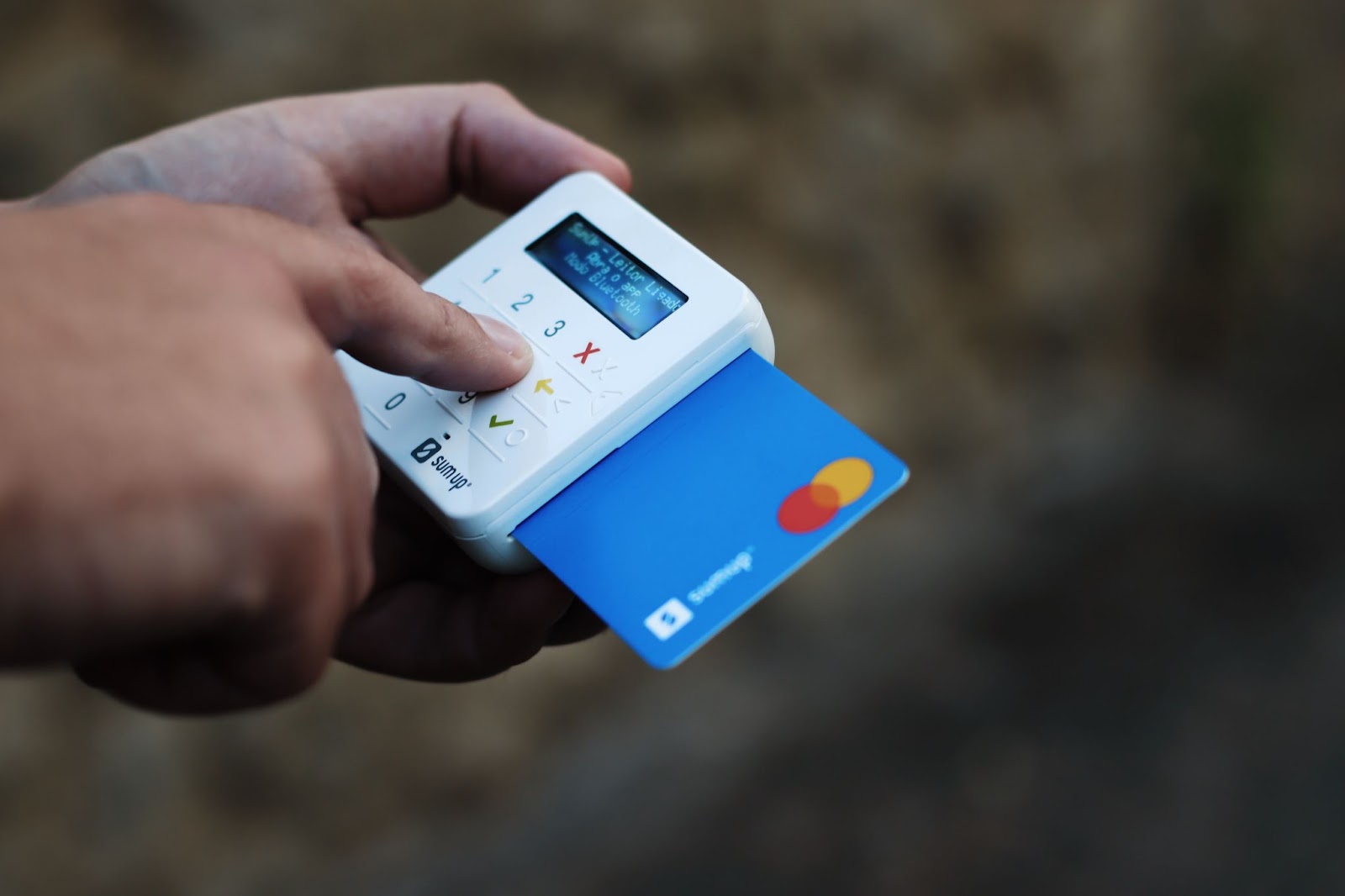
Why is my credit score so low after getting a credit card?
Opening a new credit card will impact your credit score in some way. Obviously, you hope for this change to be positive, but sometimes it can be the opposite.
If you’ve recently acquired a new credit card and saw your score drop – *insert your sad emoji of choice* – we understand your pain and want you to know why this likely happened.
On that note, read on as Credit Wizard breaks down why adding a new credit card may ding your credit score:

The Cost of a Hard Credit Pull
Applying for a credit card forces the card issuer to perform a hard credit pull, aka a “hard inquiry,” to access your credit report.
This investigation allows lenders like credit card companies to review your credit history thoroughly. It also stays on your credit report for two years, meaning that anyone who studies your credit will be able to see how often you applied for new lines of credit in recent times.
Unfortunately, hard credit checks can lower your credit score for a few months after the inquiry. The more you apply for credit, the more your score may drop with each credit pull.
But just like deleting an embarrassing social media post, the pain of a hard inquiry does diminish with time. And there are ways to limit their cost in the future:
To reduce the impact of hard credit checks – which affect 10% of your credit score – space out your applications for any new lines of credit.
A good rule of thumb is to limit yourself to two or three applications every few months. While a rejection from a new credit card issuer doesn’t ding your credit score, it’s always best to act cautiously regarding new credit.
While an increase of a few points to get a new credit card may not seem like much, it could lead to higher interest rates that sap your financial strength.
Additionally, check your credit report regularly for any signs of a hard credit pull you do not recognize. Fraudsters are out there, and their actions can severely damage your credit rating.
Pro Tip: For more information on how many credit cards you should have, schedule with a Rising Tides credit repair specialist to get more information.
A Drop in Your Credit Age
The length of your credit history accounts for 15% of your overall credit score; while it may not seem like that much, we promise it is.
Companies like FICO that score your credit like to see quality credit usage over a long time, preferably years. The older your accounts – provided you pay them off consistently – the higher your credit score will be.
In other words, credit issuers are like parents debating whether they should give their 16-year-old the keys to the family car. A history of reliability creates trust, and trust earns additional freedoms.
Understandably, adding a brand new credit card to your wallet will lower your average credit age – particularly if you’ve had your other card(s) for an extended period – and reduce the appearance of experience.
This impact can hurt even more if you have minimal lines of credit to your name.
Higher Credit Use
Your credit utilization ratio is your total revolving credit divided by the amount of revolving credit you have available. Simply put, it’s the percentage of credit you use out of the total amount you have at your disposal.
Suppose you recently added a new credit card to your wallet and made a big purchase, a series of medium purchases, a LOT of small purchases, etc. In that case, you’ll inevitably increase the amount of credit you use.
As 30% of your credit score directly depends on how much of your available credit limit you use, this increase can lead to a corresponding decrease in your credit score.
Understandably, this is not a good vibe.
Be cautious about using your new credit card to avoid this outcome. Don’t treat it as a new toy you can play with and throw away.
Just because your new credit card issuer may “wow” you with their reward programs for gas, travel, groceries, etc., does NOT mean you have to use them all at once.
We recommend keeping your credit utilization ratio below 30% to develop a high credit score and maintain financial well-being. A rate higher than that – especially alongside application(s) for new credit – can lead to a low credit score faster than you may think.
Why Your Credit Score Lowered with a New Credit Card?
If your credit score lowered after adding a new card to your wallet, we understand you’re probably upset.
If you didn’t expect this to happen, take comfort now that you’ve learned an important lesson and can be aware and prepared incase you apply for more credit in the future.
In the meantime, it’s a good idea to check out Rising Tides other Credit 101 blogs on building good credit to help you improve your credit and set the foundation for your bright financial future.

Start Building Credit With Rising Tides
Your credit score may not seem all that important until you need it. From apartment applications to your car loans, this three-digit number is the key to your major life milestones.
-
✅ Build credit
-
✅ Remove negative items
-
✅ Change your life





-p-2000.png)
